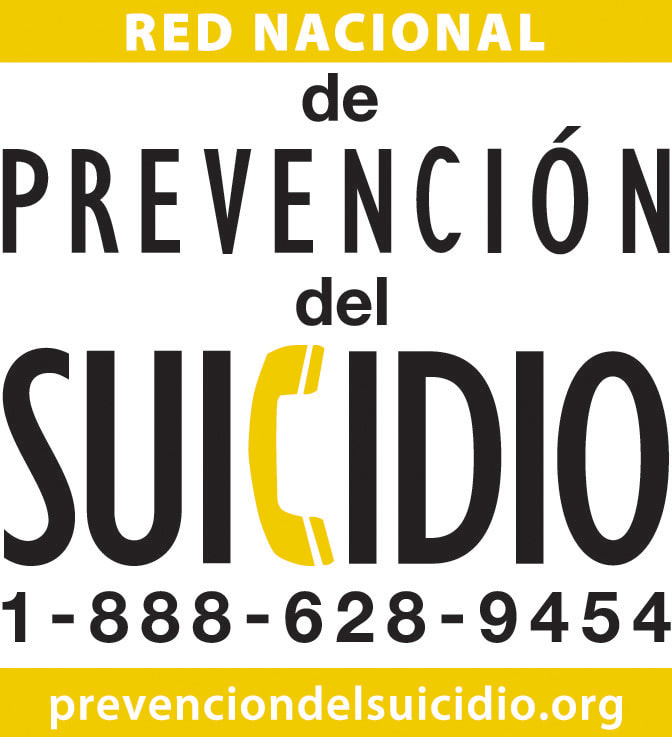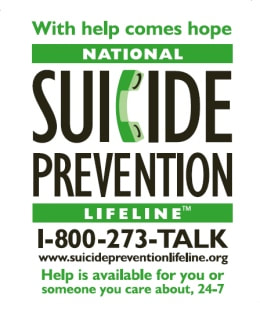|
When it comes to supporting teenagers during the pandemic, schools and families need to work together to coordinate social-emotional as well as academic support — whether learning ends up taking place at home or in the classroom. In a webinar for the Society for Research on Adolescence, developmental psychologist Nancy Hill observed that schools have always provided teens with a space to think independently, to experiment, and to form support networks with peers. Yet in the middle of a pandemic, this space to build their identities may be lost, impacting their overall wellbeing and development. “While the focus is on academic learning, rightfully so, for adolescents, we should not ignore the significance of the loss of peer relationships and friendships on their mental health and wellbeing,” said Hill, who appeared in the webinar alongside adolescent psychologist Larry Steinberg. “Learning to navigate and find affirmation in the broader social context is essential. School closures and social distancing is especially challenging in this regard.” Hill identified six developmental areas, in addition to academics, that schools have traditionally helped nurture. Here, we summarize her suggestions for how schools can work with families to continue to do so in a pandemic. 1. Peer Groups and Social Connections Schools provide young people with a chance to develop relationships with peers, and for teens, these relationships are often key contexts for their development of identity. Whether formed through affinities and alliance groups, interest-based clubs, or a group projects, these relationships help teens stay connected to school and enhance their understanding of who they are as a learner. The loss of these relationships can lead to increased anxiety and feelings of isolation. To support social connections both in and out of school, teachers should consider:
2. Opportunities to Feel Competent Teens feel the pressure to keep up with their peers both academically and socially. Falling behind can undermine their perception of themselves as a good student and as a community member. Boost feelings of competence by:
3. Being Part of the Solution In addition to feeling capable, adolescents like to contribute to and feel valued by their communities. Especially in a pandemic when powerlessness and helplessness are common, teens need to feel they have control over their lives and can make a difference. Empower young people by:
4. Changes in the Parent-Child Relationship Teens and their parents often clash around questions of autonomy and control. The pandemic especially may have heightened these conflicts, as parents often had to oversee remote learning last spring. Research suggests that having parents directly instruct their adolescent children is unproductive; parents are more successful in supporting their teenagers by helping to establish work habits, managing time, and motivating kids. Educators can facilitate the parent-child relationship by:
5. Mental health According to a recent study, 81% of students have said that the pandemic has made their mental health problems worse. Losing school routines can cause an increase in feelings of anxiety, loneliness, and isolation. Schools provide mental health services and other supports on site, but the pandemic may make it difficult to identify students who are in need. Support student mental health by:
6. Safety When schools are open, parents and communities know that teenagers are safe during the day. However, when schools are closed, Hill notes that inequities around safety and monitoring are exacerbated — particularly for young people whose parents are required to work, who have to care for younger siblings, or live in high density, urban areas where the risk for exposure is higher. To provide safe and supportive learning environments for all, think about:
While at Home... Caregivers have been asked to take on the responsibility of supervising their children’s education during the pandemic, in some cases having to deliver direct instruction. But Hill emphasizes that with adolescents, the most important thing caregivers can do is to help teens advocate for themselves and take greater responsibility for their schoolwork. “Rather than doing more, parents can hold youth accountable for getting the work done and encourage and guide them in asking for extra help when they need it,” says Hill, adding that teens crave autonomy and independence, and this is a context where parents can cater to that developmental need. Parents can help youth learn to be independent by:
Articles by Emily Boudreau
0 Comments
Leave a Reply. |
AuthorWrite something about yourself. No need to be fancy, just an overview. ArchivesCategories |
#SuitedforLifeClothing can profoundly change who you are and can profoundly express who you are.
Email: [email protected] Phone: 918.636.0064 Registered Charity: 82-3407292 Located in Tulsa by appointment |
JOIN OUR MAILING LIST |
© 2021 Suited For Life. All rights reserved.


 RSS Feed
RSS Feed

